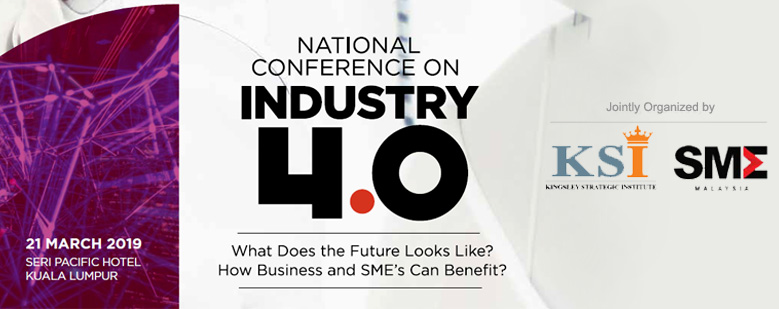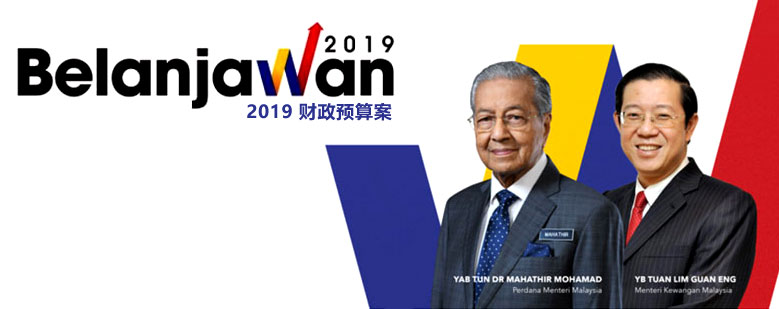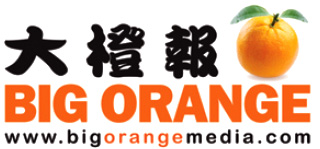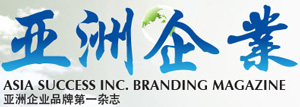Deloitte calls for more tax goodies for SMEs
KUCHING: As Malaysia prepares itself for Budget 2015 to be tabled thiscoming Friday, key stakeholders such as small and medium enterprises (SMEs) eagerly await new proposals that can assist with rising costs brought on by the fuel price hike and impending Goods and Services Tax (GST).
The importance of SMEs should not be overlooked as they are the key contributors of our economy, forming up to 33.1 per cent of Malaysia’s gross domestic product.
Due to their smaller scale, SMEs are less resilient and hence are constantly faced with challenges caused by escalating cost of doing business.
In view of the challenging business environment, financial advisory firm Deloitte says additional tax measures should be introduced to assist SMEs.
Tax partner Tham Lih Jiun and Kuching-based senior manager Chai Suk Phin told The Borneo Post that Malaysia may consider reducing a lower tax rates for SMEs.
“The lower tax rate of 20 per cent (as opposed to the standard rate of 25 per cent given to SMEs on the first RM500,000 of its chargeable income) translates into savings of RM25,000. This may not be sufficient in light of rising costs,” they said in an interview.
“In Singapore, the corporate tax rate is 17 per cent while its GST rate is seven per cent. In comparison, our current corporate tax rate is 25 per cent and GST is fixed at six per cent.
“Despite the lower corporate tax rate, all companies in Singapore including Singapore branches of foreign companies are also provided with a partial tax exemption of 75 per cent on the first S$10,000 of normal chargeable income and 50 per cent on the next S$290,000 of normal chargeable income.”
Furthermore, Tham and Chai explained that the Singaporean government provided incentived for qualifying start-up companies in the form of full tax exemption on the first S$100,000 on normal chargeable income and a 50 per cent exemption on the next S$200,000 of the normal chargeable income for three consecutive years of assessment.
In addition, to cope with the rising costs of doing business, a 30 per cent corporate income tax rebate – capped at S$30,000 – was introduced from 2013 onwards to all businesses for a period of three years.
“Malaysia may wish to consider implementing similar measures,” they advised, suggesting that the proposed 24 per cent tax rate in 2016 can be further reduced to 22 per cent in 2017.
“Alternatively, additional corporate tax rebates can be provided to SMEs for the next three years.”
The Deloitte managers also called for greater financial assistance for SMEs in transitioning towards the GST systems as many were still unaware of the impact of GST to their business.
“To ensure the smooth implementation of GST, a double deduction for training expenses incurred in the implementation of GST was introduced in the 2014 Budget. Additionally, a training grant of RM100 million was also allocated to ensure GST compliance.
“However, in a recent survey conducted by SME Corporation, most SMEs are still unaware of the impact of GST to their business,” they highlighted. “The survey further highlighted that SMEs are in need for further training, access to affordable GST-compliant software and are concerned with the upgrading costs to their business.
“Greater financial assistance should be given to SMEs in acquiring and upgrading their IT system as the present e-voucher of RM1,000 is insufficient in view of hefty training and compliance cost for SMEs to transition to the GST regime.”
To assist SMEs still in infancy stages, Tham and Chai said the government may wish consider introducing some forms of stamp duty and exemptions for Real property Gains Tax (RPGT) for the acquisition and disposal of business assets.
For example, they proposed a waiver of stamp duty can be given for acquisition of factory and a one-time exemption of RPGT can be given if they dispose of their existing factory with the purpose of upgrading into a bigger premise for business expansion.
Additionally, the government should also look into reducing Tax Compliance Cost as in recent years, certain measures were introduced by the Inland Revenue Board to enhance tax compliance including the requirement to file tax return for start-up company yet to commence operation or generating revenue, filing of tax return based on audited accounts, submission of tax estimates and revised estimates and so on.
These enhanced compliance comes with greater compliance cost for the SMEs.
“In relation to this, the Government may consider introducing simplified alternative tax scheme for SMEs to reduce compliance cost, such as paying tax based on accounting profits or a percentage of annual turnover,” they advised.






























